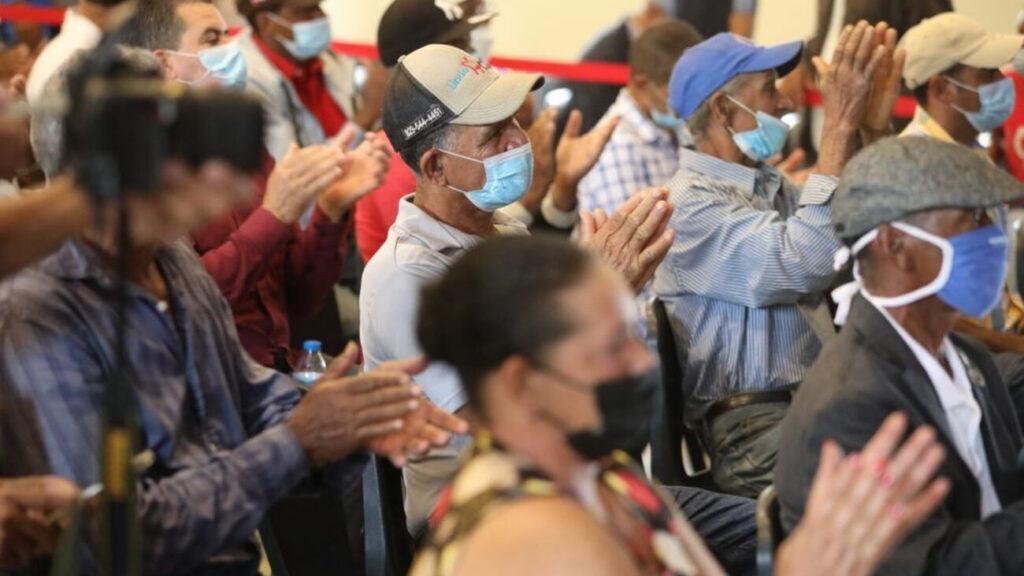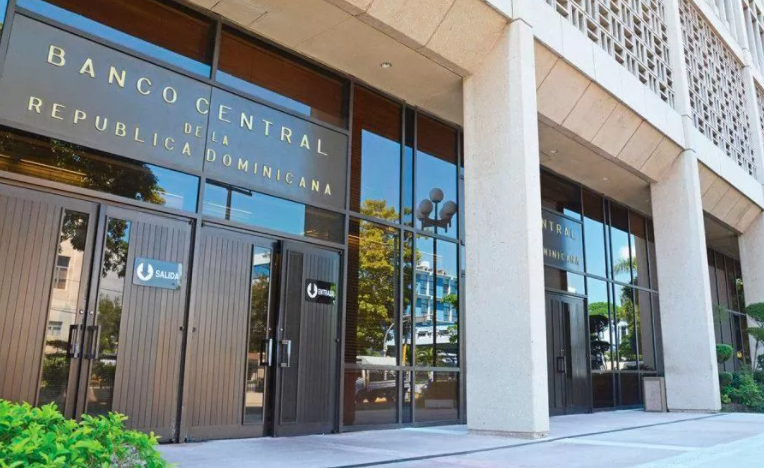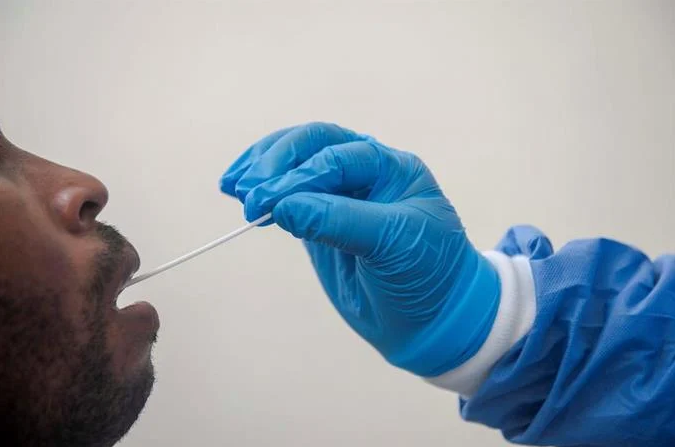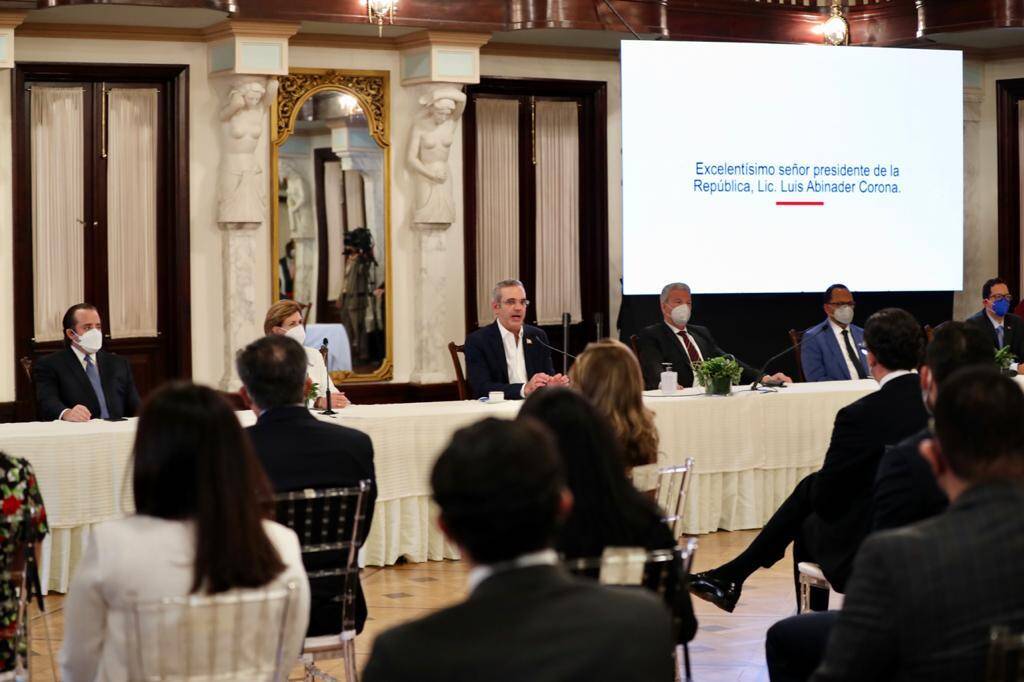Central Bank creates mechanism to streamline loan refinancing
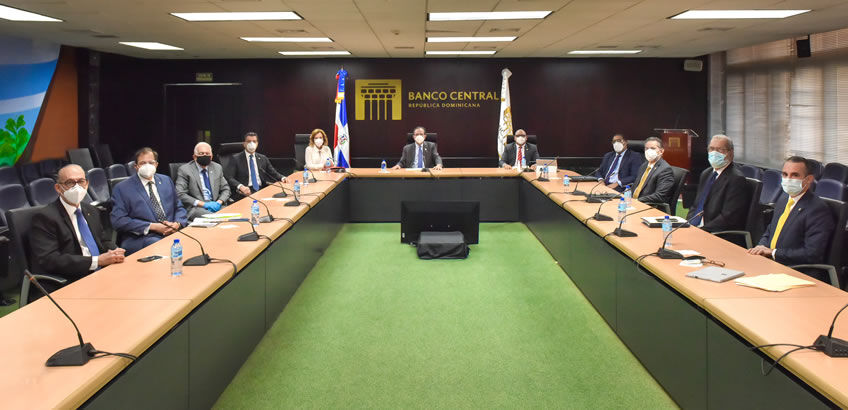
Santo Domingo. – The Governor of the Dominica Republic Central Bank, Hector Valdez Albizu, presented a mechanism of greater flexibility for the refinancing of loans that are carried out through the Rapid Liquidity Facility (FLR), created by the Monetary Board on July 22nd.
A statement from the Central Bank explains that the objective is to improve the conditions in which debtors find themselves, especially those productive sectors, MSMEs and households affected by the pandemic, which need to refinance their loans under more flexible conditions.
The idea is that the productive sectors, in particular construction, agriculture, tourism, and export, as well as MSMEs and households, which were up to date in the payment of their loans as of February 29th, 2020, can refinance more agile their loans, including both those that were behind in their payments due to the paralysis of economic activities due to the COVID-19 pandemic and those that remain without payment delays, which requires new resources for working capital.
“This way, economic agents will have the opportunity to refinance their debts under more favorable conditions, that is, with lower interest rates and a longer-term, among other facilities,” said Governor Valdez Albizu.
Refinancing
The head of the Central Bank stated that to accelerate the rate of loan placement through the Quick Liquidity Facility, the entity would-be providing resources to financial intermediation entities for an amount equivalent to 50% of the total amount refinanced under this instrument.
He added that this liquidity can also be channeled as new financing to companies and households, generating a multiplier effect that will help maintain the dynamism of private credit, preserve and generate employment, provide financial relief to economic agents and boost domestic demand.
In its statement, the Central Bank highlights that all financial intermediation entities will be able to access the Quick Liquidity Facility at an interest rate of 3.0% per year, which was authorized for about RD$ 60 billion, of which RD$ 40 billion will be will allocate for the productive sectors at competitive interest rates; while RD$ 10 billion is directed to MSMEs, and RD $ 10 billion for households.

